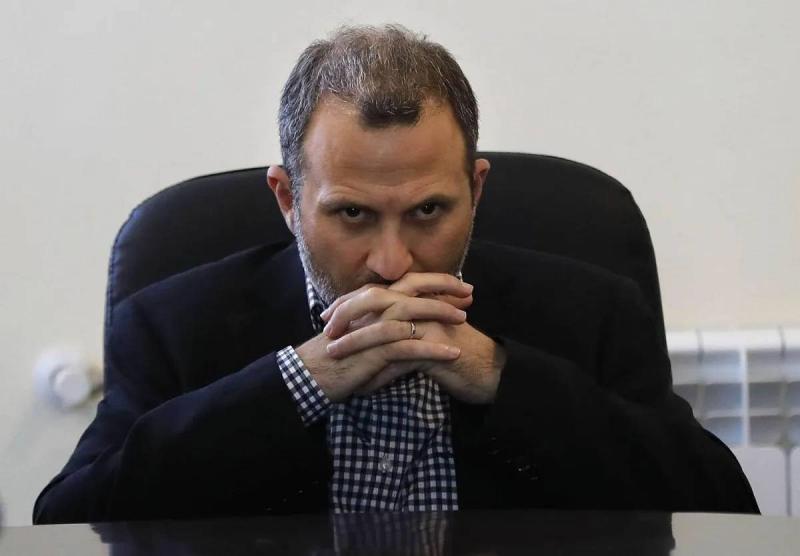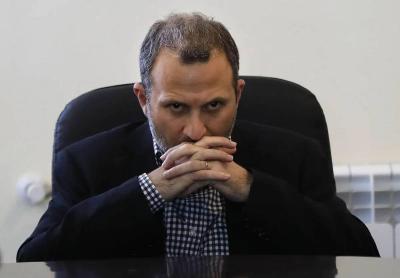On December 28, 2023, the Arab Center for Research and Policy Studies published a book by Lebanese University professor and researcher Dr. Fares Ashti titled "Hybridization in the Formation of Modern Political Parties: The Arab Field as a Model." The book illustrates the challenging reality of Arab political parties as an example of countries outside the capitalist center, presenting a problem that contrasts the formation of parties in hybrid societal structures with their formation in the Western world. It is based on the hypothesis that the structural determinants for the formation of the Arab party after the second half of the 19th century differ from those in modern states, and that these determinants are hybrid both socially and state-wise.
Ashti suggests in his book that the idea of the political party that emerged in the Arab world grew on a fragile hybrid foundation, based on agricultural and pastoral production, governed politically by patriarchal and prophetic authority, all bound by relations of loyalty, dependency, and despotism, both coercively and normatively. This was far removed from the principles of modern Western capitalism. Ultimately, the author discusses the core subject of the research, which is hybridization and its presence in Arab parties, and its impact on destabilizing the objectives, structure, and essence of these parties.
The valuable book emphasizes that political parties in Western societies were formed after these societies reached a certain advanced level of capitalist and social development. Consequently, they were established on certain foundations of advanced social and economic development. This, of course, is what our societies in the Arab realm lack, as they emerged on pre-capitalist social structures based on rural agricultural societies that adhered to prevailing and controlling social frameworks. Thus, as the author implies, this weakness resulted in experiences different from those of Western countries and led to experiences rife with dependency on traditional social structures centered on patriarchal concepts, clientelism, and traditional dependence, rather than on modernity and its methods, including the state of citizenship, law, democracy, and accountability produced by fully developed capitalist and civil societies.
The current context reflects the public explosion of the first and most intense political crisis witnessed by the Free Patriotic Movement, as it faces a series of expulsions and political organizing purges involving more than three cadres and party figures outside its ranks. Leading this wave is Alain Aoun, the nephew of the founding father, General Michel Aoun, who was considered one of the most prominent competitors of the current president, the heir to the movement from his wife’s father, the former president.
This development prompted the prominent known activist and MP from Jbeil, Simon Abi Ramia, to announce his resignation in a preemptive solidarity statement with his expelled colleague Alain Aoun, and even before him, Deputy Speaker Elias Abou Saab, after the most tense and sensitive cadre, the son of the city of Jezzine, Ziad Aswad, who still bears the scars of being beaten and assaulted by Emil Lahoud and Jamil Sayyed's security forces before the military court on August 7, 2000, during the preparation for the Independence Intifada.
In this same vein, it appears that the scope of those expelled from the ranks of the movement has rapidly broadened to include Ibrahim Kanaan, the head of the Finance and Budget Committee, without mercy or hesitation, stripping him of his membership in the Political Bureau and publicly humiliating him by Bassil's followers because he raised the issue in a press conference, calling for prudence and dialogue. Bassil and his group’s response to Kanaan was harsh, indirectly telling him, "You should have remained silent; you have no right to speak about the movement in front of outsiders, to air our dirty laundry, instead of coming into our internal kitchen and participating in peeling the remaining potatoes and onions in preparation for the ongoing political organization being prepared by the heir and controlling leader!"
No written, spoken, or televised media outlet has escaped from news or investigations following the unfolding chapters of the crisis within the Free Patriotic Movement these days, amidst outrage over the treatment and harsh accountability faced by the movement's cadres from the current leadership.
The truth is that this outrage over what is happening in the movement, particularly against the opposing cadres to Bassil, is entirely misplaced. Most of the current Lebanese political party structures are not in a better state than the Free Patriotic Movement. They are mostly merely shops or farms scattered among the individual family dictatorships and the powerful militias controlling the Lebanese people, whose owners and those responsible for them believe they are semi-gods who cannot be opposed, discussed, or separated from, resulting from a continuum of unchecked arrogance following extensive plundering of the Lebanese people's resources, leading to the current disasters Lebanon is suffering.
In short, Bassil decided to cleanse the disruptive elements from the movement during the days of the founding father with his approval and assistance, to cut the roots of future annoyance and enable the registration of the movement's property in his name and control during the life of the supreme leader. But the question remains: what will these expelled members do, and what options are available to them after what has happened?
Due to the absence of a political and intellectual dimension among those confronting Bassil, the only path available to those dismissed and mistreated is temporary silence and waiting for one of the transportation vans or shared buses in their new ugly colors that are now operating on reclaimed and newly established lines, under the auspices of the leading party and active minister Ali Hamieh, to perhaps transport them from one station to another during the upcoming parliamentary elections by including and hybridizing them in one of the electoral lists that will be assembled in the coming days.




